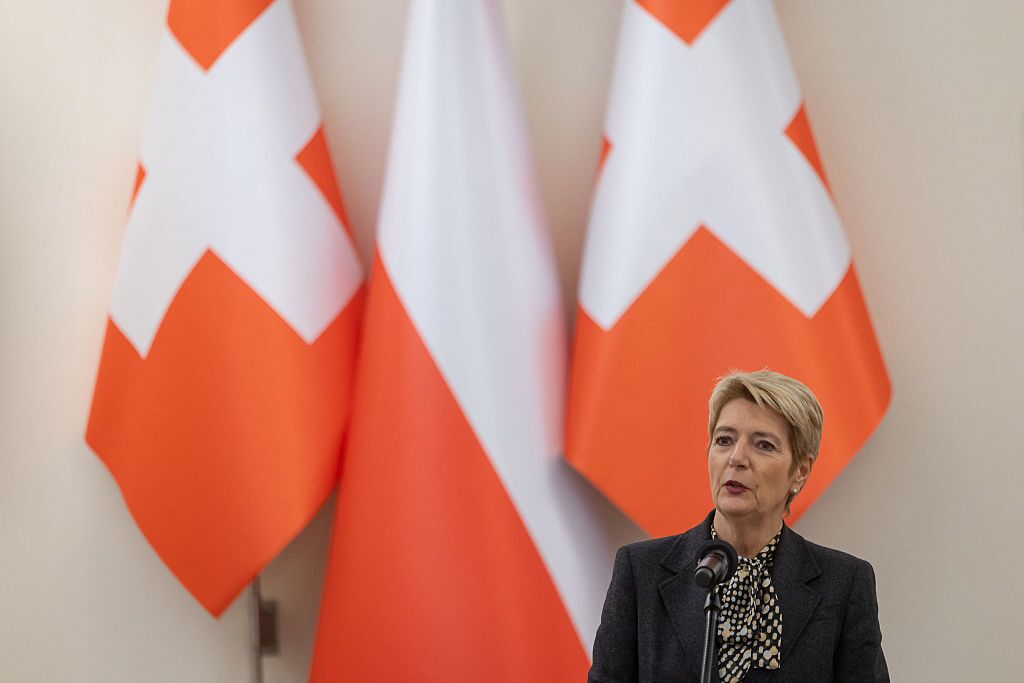The United Nations agency that governs global shipping has voted to delay the adoption of its landmark decarbonization strategy by one year, following intense opposition from the Trump administration.
The Friday decision by the International Maritime Organization in London casts uncertainty over the future of the Net-Zero Framework, which would have been the world’s first binding emissions target for an entire industry.
“Today’s delay in adopting the [framework] is a missed opportunity,” Natacha Stamatiou, who leads the Environmental Defense Fund’s global shipping work, said in a statement to Canary Media. “Every delay means that innovation will struggle to scale, inequities will deepen, and the transition to clean shipping will become harder and more costly.”
International shipping is responsible for about 3% of the world’s annual greenhouse gas emissions. Climate pollution from diesel-guzzling vessels — which haul virtually everything we buy and use — is projected to soar in the coming decades if nothing changes.
The Net-Zero Framework would require large ships to progressively reduce greenhouse gas emissions as much as possible by 2050. The strategy, which leans on a carbon tax, would force ships to swap out dirty fuels with cleaner alternatives, such as e-methanol or green ammonia, and adopt other energy-saving technologies like wind-assisted propulsion.
The delayed vote puts that progress on ice — and represents a stunning reversal from where negotiations sat just a few weeks ago.
In April, over 60 countries in the IMO, including Brazil, China, and India, agreed to put the framework to a vote in October. In the months leading up to this week, diplomats, environmental groups, and even industry organizations said they expected relatively smooth sailing toward approval.
However, on Oct. 10, ahead of the negotiations, the Trump administration issued a statement forcefully opposing an international environmental agreement, claiming it “unduly or unfairly burdens the United States.” U.S. officials also began calling and writing to countries that supported the measure, threatening to impose tariffs, withdraw visa rights, and take other retaliatory measures, The Guardian reported on Wednesday.
On Friday, the final day of talks, the U.S., Singapore, Liberia, and Saudi Arabia all called on IMO to postpone adoption of the climate rules. The motion to delay was ultimately put forward by Singapore and called to a vote by Saudi Arabia. While 49 countries voted against the delay, 57 were in favor. Twenty-one nations abstained.
Great Job Maria Gallucci, Dan McCarthy & the Team @ Canary Media Source link for sharing this story.



